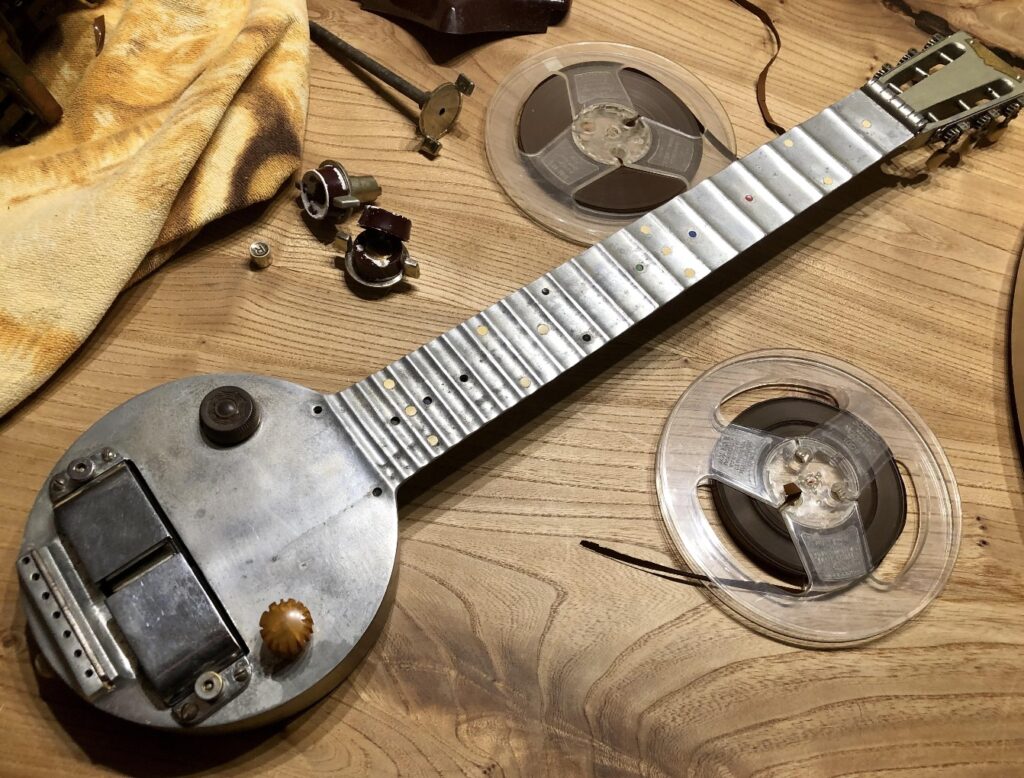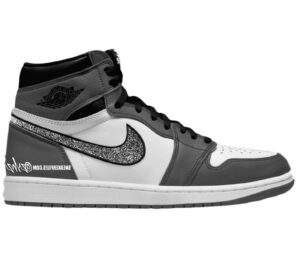The electric guitar stands as a cultural icon, transcending its role as a musical instrument to become a symbol of rebellion, creativity, and artistry. While its sound has defined the soundtrack of the modern age, its evolution, manufacturers, and the fierce competition within the industry reveal a rich history of innovation and craftsmanship. Here, we explore the origins of the electric guitar, its journey to popularity, and the top 10 electric guitar makers—from great to legendary.
Origins of the Electric Guitar
The story of the electric guitar begins in the 1930s, a decade of technological breakthroughs as electricity became an integral part of everyday life. Musicians, eager to amplify their sounds, began experimenting with microphones and amplifiers in the 1920s. However, traditional acoustic guitars posed a challenge: their sound couldn’t compete with louder instruments like drums or brass in ensemble settings.
It was this problem that led to the development of the electric guitar. The solution involved directly amplifying the strings’ vibrations, bypassing the limitations of the guitar body’s resonance. In 1937, G.D. Beauchamp received the first patent for an electric guitar design. Beauchamp, co-founder of Rickenbacker, is credited with creating the iconic “Frying Pan” guitar, a lap steel instrument that utilized electromagnetic pickups—a concept that remains central to electric guitar design today.
The Electric Guitar’s Rise to Fame
The electric guitar found its way into popular culture through jazz, blues, and country music. However, it was rock ’n roll, pioneered by artists like Chuck Berry, Buddy Holly, and most notably, Elvis Presley, that catapulted the electric guitar into the spotlight. Presley’s charisma and groundbreaking performances made the electric guitar synonymous with rock ’n roll’s explosive energy.
As demand grew, companies such as Fender, Gibson, and Gretsch began producing electric guitars on a larger scale. The 1950s and 1960s saw the development of iconic models like the Fender Stratocaster and the Gibson Les Paul, instruments that shaped the sounds of legends like Jimi Hendrix, Eric Clapton, and Keith Richards.
The Electric Guitar Industry Today
Fast forward to today, and the electric guitar market is more diverse than ever. From entry-level models for beginners to handcrafted masterpieces for professional musicians, the competition among manufacturers remains fierce. Below, we explore the top 10 electric guitar makers, ranked from great to legendary, and their contributions to this cultural phenomenon.
ESP Guitars
ESP Guitars, a Japanese company founded in 1975, specializes in instruments for heavy metal and hard rock musicians. Known for their sleek designs and aggressive tones, ESP guitars are popular among artists like Kirk Hammett of Metallica and George Lynch of Dokken. Their LTD series offers affordable yet high-quality models for aspiring shredders, while their Custom Shop caters to professionals seeking precision and personalization.
Gretsch Guitars
Gretsch, with its roots dating back to 1883, is celebrated for its distinctive hollow-body electric guitars. Known for their warm, resonant sound and vintage aesthetics, Gretsch guitars are favored by rockabilly, country, and jazz musicians. Models like the White Falcon and the Duo Jet remain timeless classics, played by artists ranging from Chet Atkins to Jack White.
PRS (Paul Reed Smith) Guitars
Founded in 1985, PRS Guitars quickly gained a reputation for combining innovative design with impeccable craftsmanship. Known for their signature bird inlays and beautifully figured tops, PRS guitars are versatile instruments used across genres. Players like Carlos Santana and John Mayer swear by their PRS models for their tonal clarity and playability.
Rickenbacker
Rickenbacker, a trailblazer in electric guitar history, continues to hold a unique place in the market. Known for their jangly, chiming tones, Rickenbacker guitars are staples of the rock and pop genres. The Beatles, The Byrds, and Tom Petty all popularized models like the Rickenbacker 360, which remains a favorite for its distinctive sound and retro appeal.
Ibanez
Ibanez, a Japanese brand established in 1957, is synonymous with versatility and innovation. The brand’s RG and S series are staples for metal and shred guitarists, while their Artcore line offers excellent semi-hollow and hollow-body options. Ibanez’s collaborations with guitar legends like Steve Vai and Joe Satriani have solidified its status as a go-to brand for high-performance instruments.
Schecter Guitar Research
Schecter, originally a parts supplier, evolved into a premier guitar manufacturer in the 1970s. Known for catering to rock and metal musicians, Schecter guitars are praised for their bold designs, powerful pickups, and comfortable playability. Artists like Synyster Gates of Avenged Sevenfold rely on Schecter for their signature tones and stage presence.
Yamaha
Yamaha, a global powerhouse in musical instruments, offers electric guitars that balance quality and affordability. Their Pacifica series is a favorite among beginners and intermediate players, while models like the Revstar cater to more advanced musicians. Yamaha’s focus on innovation and reliability ensures their instruments remain relevant in a competitive market.
Fender
Fender, founded in 1946 by Leo Fender, revolutionized the electric guitar with iconic models like the Telecaster and Stratocaster. These guitars are known for their bright, cutting tones and ergonomic designs, making them favorites among players like Jimi Hendrix, Stevie Ray Vaughan, and Eric Clapton. Fender’s contribution to modern music is immeasurable, and their American Professional series continues to set the industry standard.
Gibson
Gibson, established in 1902, is synonymous with electric guitar excellence. Models like the Les Paul, SG, and ES-335 have become legendary, offering rich tones and unmatched sustain. Played by icons like Jimmy Page, Slash, and Angus Young, Gibson guitars are a symbol of rock ’n roll rebellion and artistry. Despite facing financial struggles in recent years, Gibson remains a titan in the industry, continually innovating while honoring its storied legacy.
Suhr Guitars
At the pinnacle of electric guitar craftsmanship is Suhr Guitars. Founded by John Suhr in 1997, the company specializes in custom-made instruments that push the boundaries of design and functionality. Known for their flawless finishes, advanced electronics, and unparalleled playability, Suhr guitars are the choice of discerning professionals seeking the ultimate in performance and precision.
The Future of the Electric Guitar
As we look ahead, the electric guitar remains a vital part of music and culture. While some argue that the instrument’s popularity has waned in the age of digital production, its enduring legacy suggests otherwise. Whether in the hands of a novice learning their first chords or a seasoned virtuoso shredding a solo, the electric guitar continues to inspire generations of musicians.
The fierce competition among manufacturers ensures constant innovation, whether through new materials, advanced electronics, or sustainable practices. As companies strive to meet the diverse needs of players worldwide, the electric guitar will undoubtedly evolve while retaining its timeless appeal.
Impression
The electric guitar, with its rich history and cultural impact, is more than an instrument—it’s a symbol of human creativity and expression. From the pioneering efforts of G.D. Beauchamp to the modern masterpieces of Suhr, each step in its evolution has added to its mystique. Whether you’re a player or an admirer, the electric guitar remains an enduring icon, shaping the sound of our times and inspiring future generations.
No comments yet.








